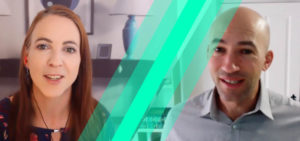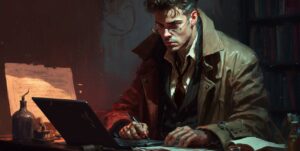13 Self-Published Author Websites For Indie Author Inspiration

Are you a self-published author, or thinking of going the self-published route? One of the first things to realize is that you’ll be doing most, if not all, of your own promotion and marketing.
As an indie author, it’s that much more important to have a great author website.
Not only will readers Google you, but influencers and bigger platforms will check you out before featuring you on their channels. If your website makes your work look amateur or uninteresting, you’ll have much fewer marketing opportunities.
But websites are complex beasts, where do you even start?
To give you some ideas and inspiration, we’ve listed some examples of self-published author websites with a short commentary on why we love each one. We’ve also listed some big names in the self-publishing world that share valuable resources for you as an indie author.
And of course, if you’re looking for an author website that really helps you stand out online as a self-published author, check out our author website design services.
So now let’s get into the 13 self-published author websites that will get you inspired!
Jane Friedman
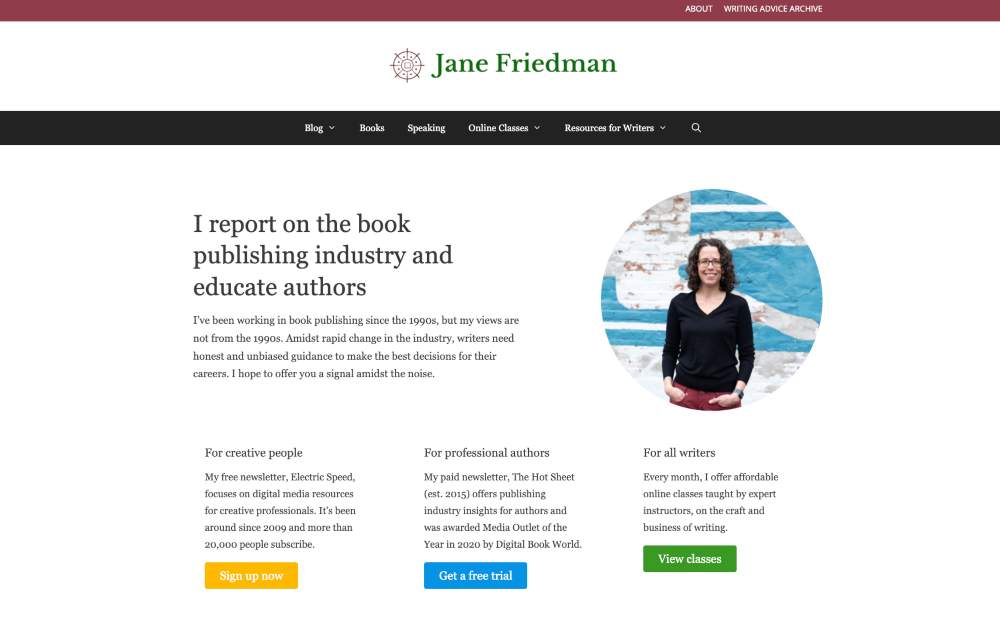
Although she’s written a ton of books herself, Jane’s website focuses more on providing guidance and information if you’re seeking to become a self-published author.
We love her author website as she moves with the times and in the direction of where writing and publishing are heading. Being in the industry for over two decades and being able to adapt so seamlessly is an incredible trait that makes her a relevant & trusted authority within the field. One of her blogs has a great article on how to get self-published and all you need to know on the topic. Check it out here to get started and on the right track.
Daniel Gibbs

In terms of user experience, this website we created for Daniel Gibbs takes it to another level and has features fans will absolutely love.
Key takeaways here to note for your website are how focused all areas of Daniel’s website are. It all comes back to his main theme and genre.
Daniel also showcases his books within each series really well. This allows new users and fans alike to navigate his work and understand where things fall and what relates to each series.
If you’re in the science fiction world, even more so on the military side of things as well, consider including fun and different extras on your website. This is especially beneficial as an indie author establishing your presence on the author scene and in the world of your genre specifically. Daniel’s site has interactive star maps, ship diagrams, a timeline to give relevance to his stories, as well as an encyclopaedia of all things Gibbs.
The Creative Penn
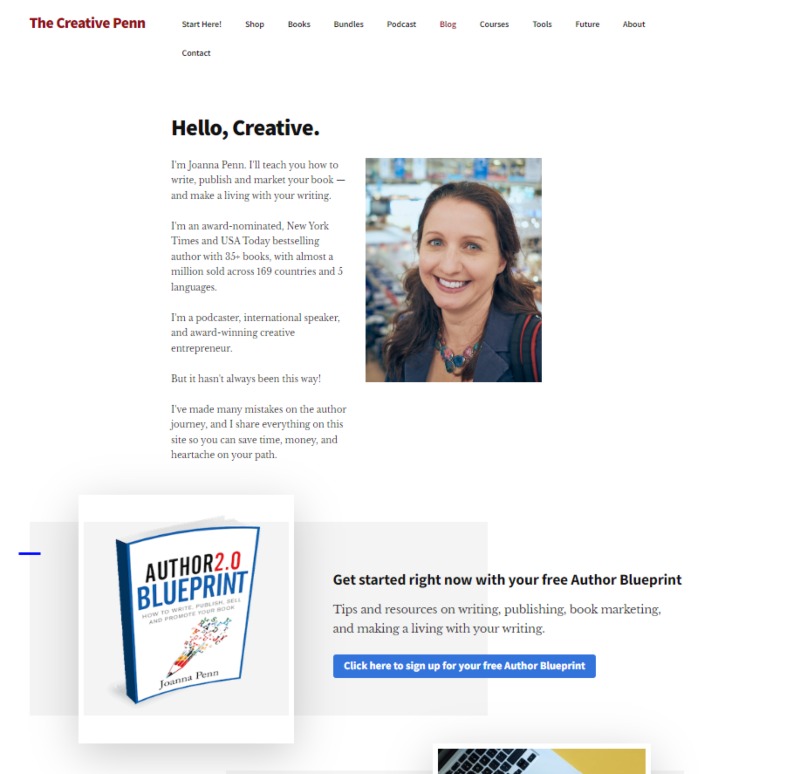
Joanna Penn is a self-published author and so much more within the world of writing and publishing. Her website encompasses a variety of channels and elements, providing guidance in the form of blogs, courses, and podcasts.
Aside from this, her own work has a focused section on her general website, aptly named The Creative Penn, which can be explored and purchased.
Joanna also has a thriller fiction website jfpenn.com, as well as her own publishing, house curluppress.com, under which her work is published. Joanna is an absolute powerhouse within the field and is a great example to take notes from when it comes to a wide range of avenues in the world of writing.
Davis Ashura

Davis’ website has some really great features to keep in mind as an author when creating your own website.
An effective About page will make all the difference, and this was our focus when creating Davis’ author website. Stay true to the genre you’re writing. Include honest bits of your personal life that you’re wanting to share to connect with your fanbase on a more personal level.
Davis also has some awesome content such as maps and glossaries which allows readers to be fully immersed.
Another feature to keep in mind is how front and centre his work is, which is ultimately the focus of your website and why you would want users to be clicking onto it.
Mark Dawson
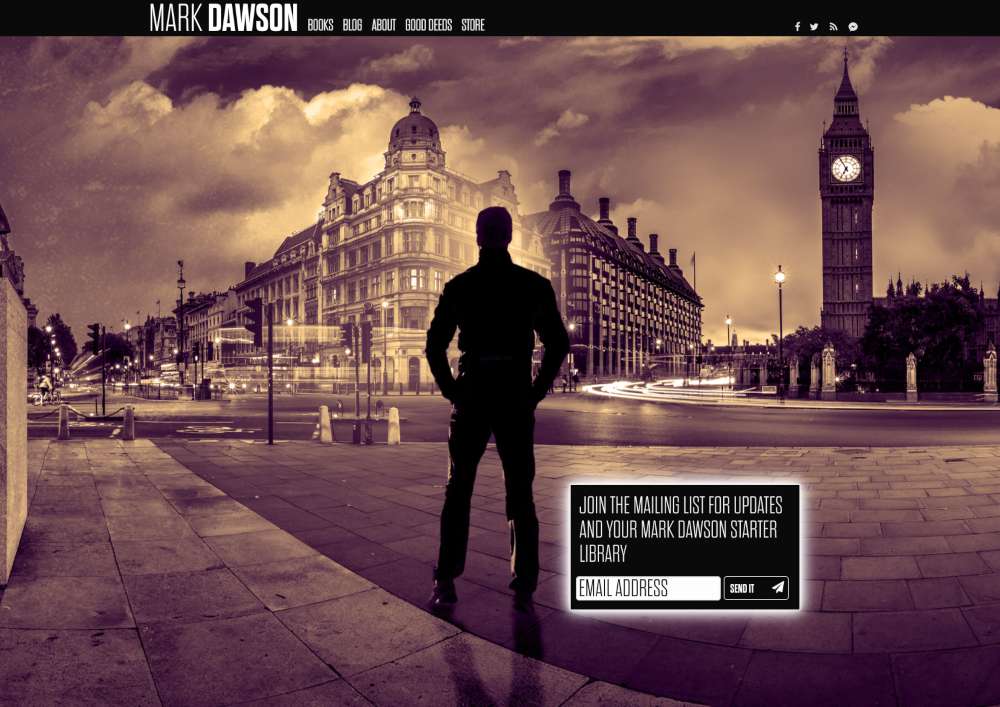
Mark Dawson is another self-published author that is not exclusively just that, expanding further to share his knowledge, experience, and expertise.
Mark offers courses, blogs, and podcasts all centred around guiding and advising authors on the route of self-publishing and how to best navigate it. This is all available on his other website selfpublishingformula.com focused on the self-publishing side of things.
Mark has a great website as it’s easy to navigate, being simple but effective with expansive menus to cover all the stops needed as a new or established author. His website holds true to his genre and the theme of his work, which is important as it further drives home his brand and how he wants to come across to his readers.
A takeaway from this website is the clear and bold opt-in that users won’t miss to stay in touch, as well as how bold and focused Mark’s branding is – two features to definitely keep in mind when creating your website.
Melissa McPhail
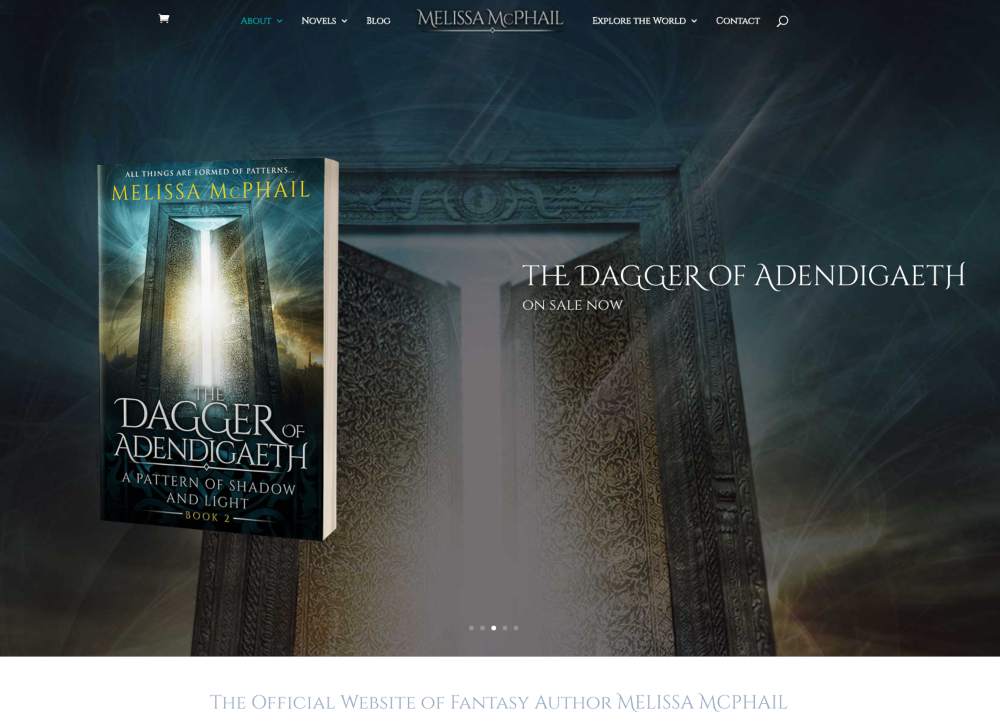
Melissa McPhail is another great example of a self-published author that not only released her own work but went further to create a publishing house. Melissa’s is called Five Strands Publishing and it’s under this name that her books have been published. A clever tactic she uses is linking her publishing house as its own name but directing it straight to her author website.
Her website transports you to the world she has created, allowing you to experience the maps, concepts, and esoteric that make up these shared spheres.
The attention to detail is remarkable and will go a very long way in the larger scheme of things. This is key for an indie author within the fantasy genre as it sustains the suspension of disbelief that the imaginative nature of fantasy is hinged on.
We designed this website for her, along with the detailed fantasy maps of her world that we just love!
Melissa has a useful blog for any indie authors starting out and what to watch out for, which we definitely recommend giving a read here.
Phillip Goodrich
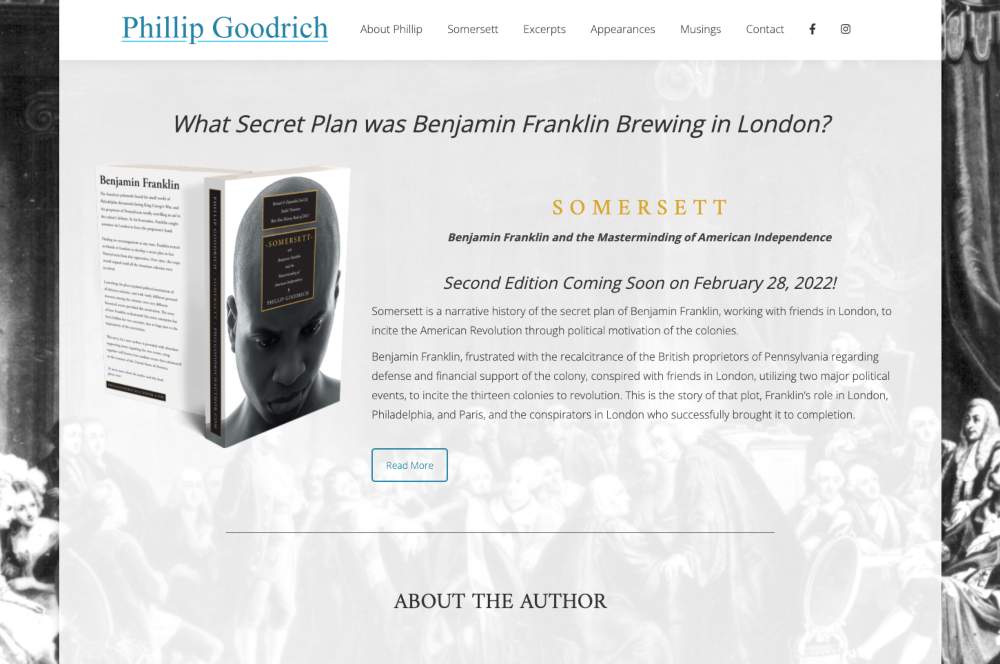
Phillip’s website is on the simpler side of things. This can be typical for self-published authors, especially in the intermediate phase of establishing your presence as a new author. Regardless, it’s always better to have a more simplified site that you can add to bit by bit and have people find you, rather than having no website at all.
The main point to take note of is to keep things simple but effective by including all the main buttons, pages, and menus any user would need to navigate your website and find your work. More often than not, less is more, so don’t overthink it and stay true to what your brand and work represent.
LJ Ross
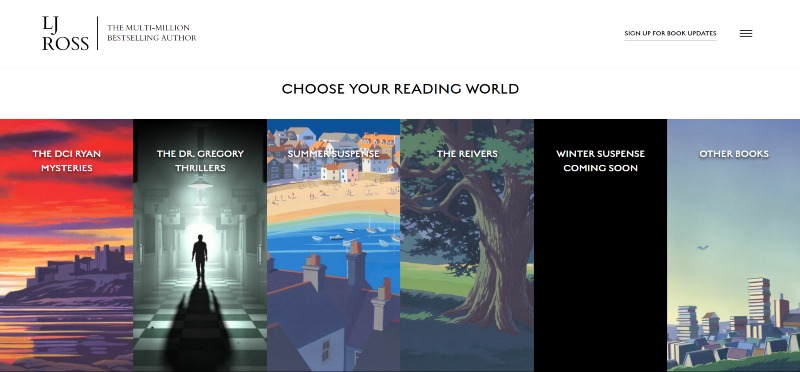
LJ Ross is a self-published author that has released a variety of standalone novels and collections all under her own publishing house called Dark Skies Publishing.
As an author, opting to go the self-publishing route allows you to remain more autonomous and have control over how, when, and through what your work is released.
Both her websites are user-friendly, allowing visitors to find exactly what they’re looking for and not feel overwhelmed by overloaded pages.
The main author website could be more genre-specific to LJ’s work but for what it is, it’s a great site.
Adam LG Nevill

Adam has done really well for himself, having started with self-published routes to now even having not one but two hit shows on Netflix based on his novels. This is the common scenario of starting off as an indie author and over time becoming more of a hybrid author.
He has his own publishing house called Ritual Limited, although some of his recent work has been published by other publishers.
This is a great situation to be in as you ideally can get the best of both worlds, having benefited from both the independent route of retaining control over your work and on the other hand, you have the backing of a great publishing house that gives you the social proof and standing to be recognized as a more established author.
E Cantu Alegre
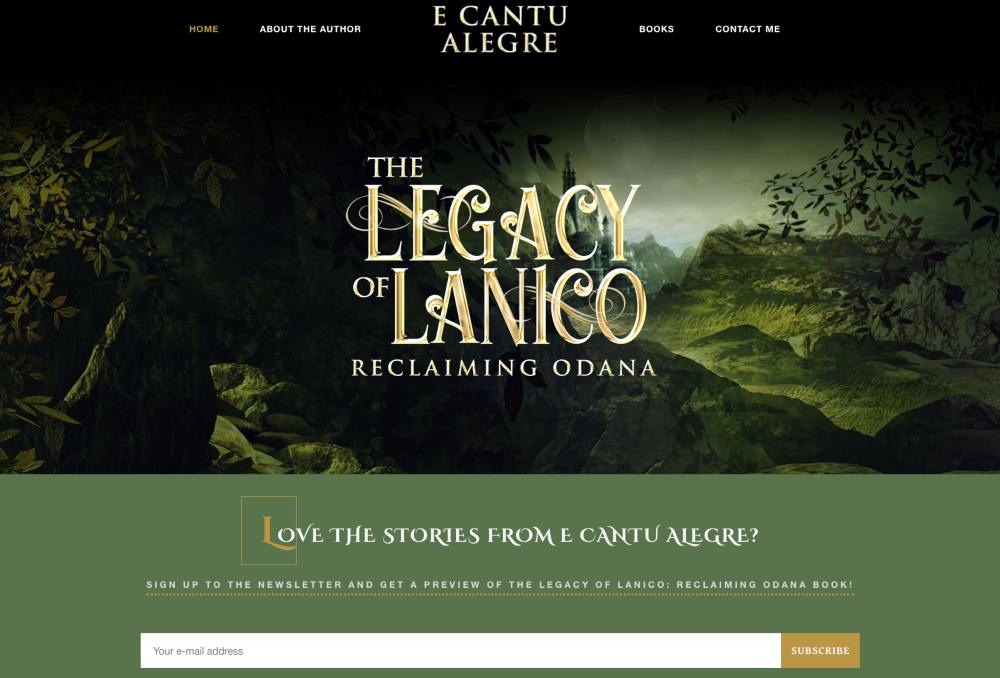
Maria E Cantu Alegre has an inspiring story, being an indie author from a minority background.
She took the publishing of her work into her own hands after it seemed the odds were stacked against her; similar to the story of Rupi Kaur and her journey into the world of self-publishing, to then becoming a worldwide success. With perseverance and determination, Maria published her first book and went on to write others, becoming very successful on the indie author scene.
Her website is a good example of one that has just enough but not too much in terms of pages and details.
A theme is clearly carried through from her work, which is clear as soon as a user lands on the site. The pages are easy to find and take the user to what they’re looking for. An amazing feature is the inclusion of an e-commerce platform within the website, allowing readers to purchase the books directly on the site.
Margaret Duarte
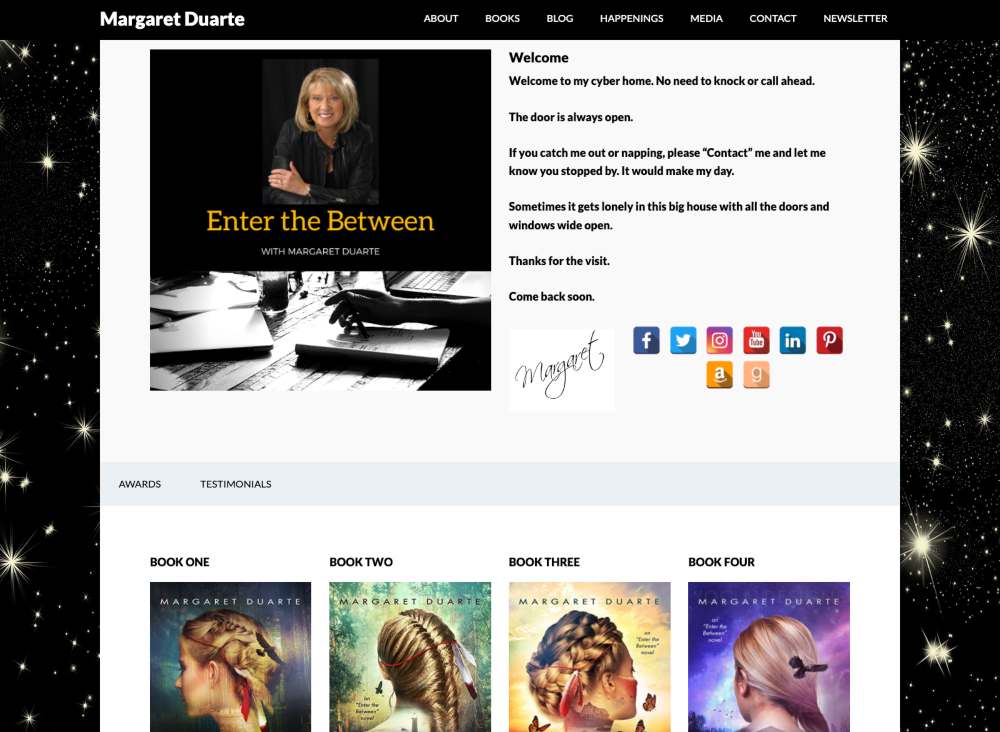
We’ve included Margaret’s website on the list as a very different example of an indie author website.
Compared to the others, it’s not as developed and the user experience isn’t as great. However, that said, as we mentioned before it is better to have a not-so-great site as opposed to no website at all.
This example would need a bit of work done, but as a starter website to at least establish a presence as a self-published author, it is good enough. The pages are well labelled and users will know where to click to find specific things. Her books are also well-presented, front and centre on the landing page as users arrive which is a good feature.
We would suggest including some extra features for fans to dive into and feel like they’re getting a little bit more by visiting your website.
Lauren Eckhardt
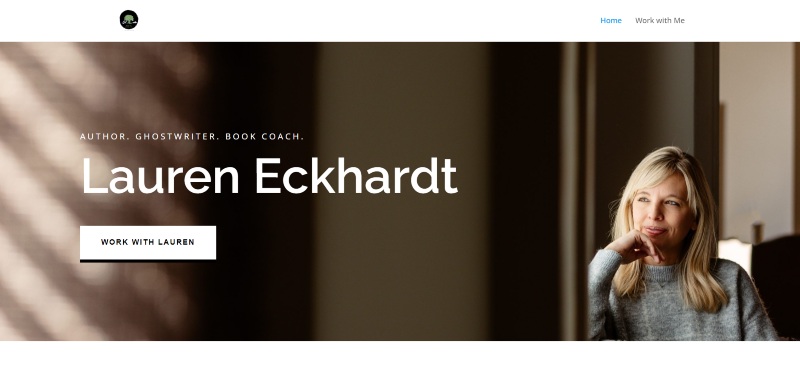
Lauren is another hybrid author, being both an indie author and having her own publishing house called Burning Soul Press.
Her website is currently undergoing some renovations so we can’t say anything about that at the moment. However, her publisher website is great and really gets the ethos and brand of the company across successfully. This is important as users know exactly what they’re getting, something that can be applied in both the context of an author website in particular and to any website in general.
Starting out as a self-published author herself, Lauren knows what is necessary to be included and what is just simply not.
This results in a website that flows and has a great user experience, allowing visitors to find what they need and not feel overwhelmed. This is a key takeaway to be applied when creating any sort of website, but more specifically when creating an author website that needs to be personal, on-brand, and up to date.
Your Self-Published Author Website
We’re here for you if you need help creating an author website that looks professional, helps you grow your audience, and attracts publishers and promoters.
We have affordable do-it-yourself, author website templates with premium support options, as well as premium, done-for-you author website design services.
You can enquire here if you’re interested.
Conclusion
Taking the route of self-publication is no small feat so for those authors that have chosen to and have found success, well done! We hope you found this list of indie author websites helpful in the creation of your own author website. If you’re looking for help in the process, why not get in contact with us and we can start yours today!
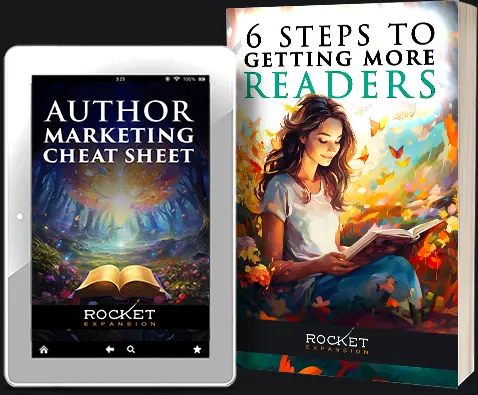
Want help with your author marketing? Get our FREE ebook and cheat sheet: 6 Steps To Getting More Readers.
By subscribing, you agree to get emails from me, Matt Ziranek. I’ll respect your privacy and you can unsubscribe any time.
